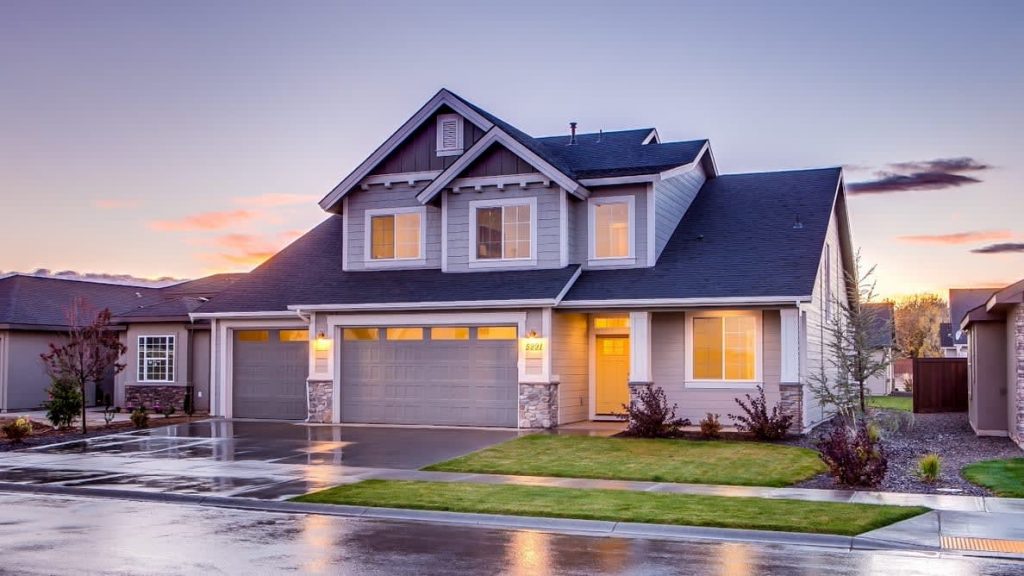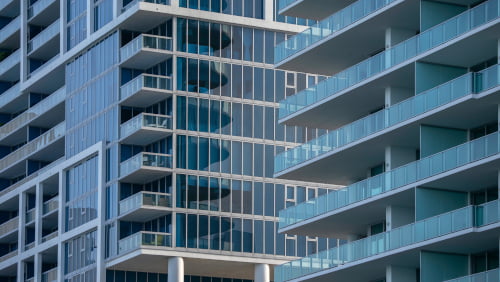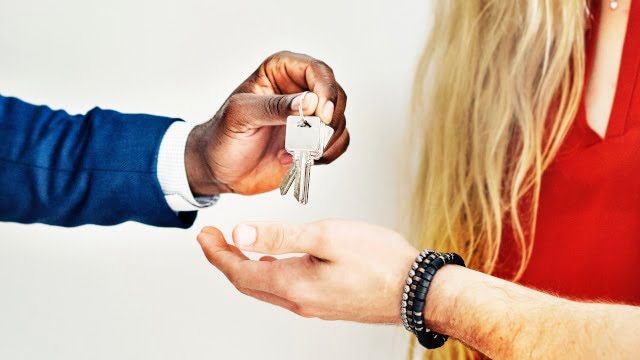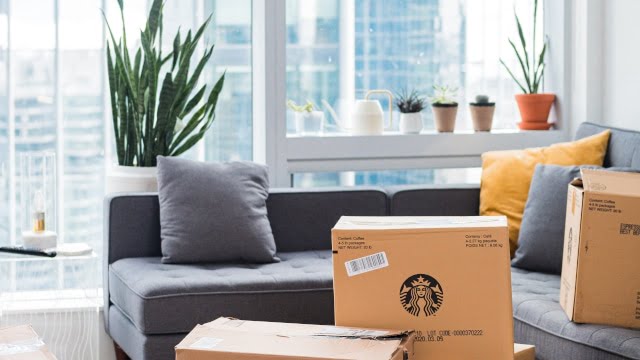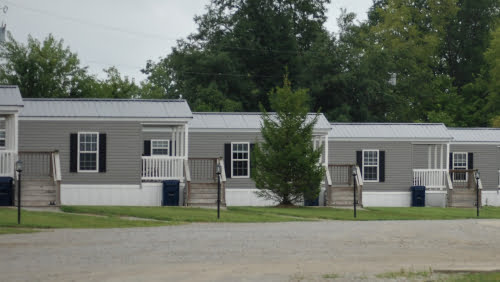Table of Contents[Hide][Show]
- Why You Need Homeowners Insurance in Florida
- Key risks Florida homeowners face:
- Understanding the Different Types of Homeowners Insurance Coverage
- How to Choose the Right Homeowners Insurance in Florida
- Tips for Reducing Your Homeowners Insurance Premium
- Common Homeowners Insurance Claims in Florida
- Frequently Asked Homeowners Insurance Questions:
- Final Thoughts: Protect Your Investment with the Right Homeowners Insurance
Your home is more than just an investment—it’s your sanctuary. Protect it against Florida’s unique challenges with the best homeowners insurance, tailored to your needs.
At Think Safe Insurance, we specialize in tailoring affordable homeowner insurance in Florida for peace of mind, from safeguarding your property to offering tools that simplify managing your insurance policies.
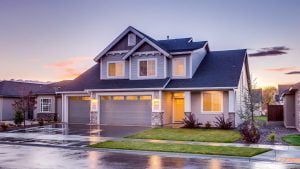
In this article, we will cover everything you need to know about homeowners insurance in Florida, including coverage options, common risks, and tips to ensure you get the best rates.
Why You Need Homeowners Insurance in Florida
Your home is your refuge, and home insurance Florida residents trust can protect it against life’s uncertainties. With the right policy, you safeguard not just your property but also your loved ones’ financial security when something unexpected happens.
While it’s not legally required, most mortgage lenders will require homeowners insurance. Homeowners insurance ensures you’re prepared for life’s uncertainties, protecting your property and financial security even when it’s not legally required
Watch this quick video to learn why homeowners insurance is a must for Florida homeowners and how you can save without sacrificing coverage.
Key risks Florida homeowners face:
- Hurricanes and tropical storms: High winds, storm surges, and heavy rain can cause significant damage.
- Flooding: Florida’s flat terrain and proximity to water make flood insurance a critical consideration.
- Sinkholes: Certain areas of Florida are particularly prone to this unique risk. Coverage may require optional coverage.
Quick Tip: Flooding is not covered under standard policies. Consider a separate flood insurance policy to stay fully protected.
Florida’s natural beauty comes with unique risks like hurricanes and flooding. With the right homeowners insurance, you can weather any storm and enjoy your home worry-free. Let Think Safe Insurance guide you to the best coverage.
Understanding the Different Types of Homeowners Insurance Coverage
Affordable homeowners insurance FL means more than a great price—it’s about knowing you have the right coverage when it counts. Our experts can walk you through every detail, so you feel confident and secure.
Review your current coverage to identify gaps. Insurance policies can be complex, but our experts are here to simplify the process and ensure you have the right coverage.
Click on the coverage that you want to learn more about for more info.
Coverage A: Dwelling Coverage – Protects the structure of the house (Click for more)
Coverage A includes the roof, walls, floors, and attached structures like garages or decks. If a covered peril (such as a hurricane, lightning, or fire) damages your home, dwelling coverage will help pay for repairs or rebuilding.
This includes both the inside and outside but excludes personal property. Personal property coverage is discussed under Coverage C.
Coverage A is based on the cost to rebuild the home, not the market value of the home.
Watch this video for a short, easy explanation of Dwelling Coverage:
Tip: Ensure your dwelling coverage is up-to-date with your home’s replacement cost. Need help? Request a Quote
Coverage B: Other Structures – Covers detached structures like sheds or fences (Click for more)
Coverage B in a homeowners insurance policy covers other structures on your property that are not directly attached to your home. These could include:
- Detached garages
- Sheds
- Fences
- Guest houses
The amount of coverage varies and can be adjusted based on the value of the additional structures on your property.
Watch this short video for a simple explanation of Other Structures coverage:
Learn More: Have additional structures on your property? Ensure they’re fully covered. Contact Us
Coverage C: Personal Property – Covers items like furnitures, clothes, electronics (Click for more)
Coverage C is your personal property. Here is a good way to tell if something is Coverage A or Coverage C. Imagine if you could turn your house upside down and shake it. Whatever would fall out is personal property. Then, whatever stays in place is part of the dwelling.
Some items like jewelry, guns, collectibles, silverware, and more have special limits of liability. If you have a lot of these types of items, it is worth considering special insurance for them like jewelry insurance to make sure you are properly covered.
Related: Sample Policy Form
Watch this short video to learn more about Personal Property coverage:
Did You Know? Think Safe can help you review whether your items are covered for replacement cost or actual cash value. Learn More
Coverage D: Loss of Use – Covers additional living expenses if you can’t stay in your home after a covered loss. (Click for more)
This covers additional expenses that you incur due to the loss.
For example, if your house was damaged by a fire and you had to rent a hotel or apartment while you were still paying your mortgage and waiting for repairs, those extra expenses would be covered in Coverage D.
You would always want to work with your claims adjuster for specifics related to your claim.
Watch this short video to learn more about Loss of Use / Additional Living Expense coverage:
Example: Coverage can help pay for hotel stays, meals, and more during repairs. Request a Quote
Coverage E: Liability – Covers legal liability for injuries or damages you’re responsible for. (Click for more)
Coverage E covers things that happen to a third party that you are legally liable for. We all know that we live in a litigious society these days. Having sufficient liability coverage is very important. This covers things that you are legally liable for like if someone slips and falls on your property.
One thing that people forget, liability coverage also includes the cost of defense while settling your claim. This is a large benefit that many people overlook.
Pro Tip: Consider an umbrella policy for additional liability protection. These are very affordable and provide great protection in the event of a serious claim.
Watch this short video to learn more about Liability coverage:
Coverage F: Medical Payments – Cover small medical claims for guests, regardless of fault (Click for more)
Coverage F is usually a small limit. It is designed to provide immediate medical treatment, regardless of whether or not you are at fault. This is one of the main differences between Medical Payments vs Liability.
It is better to get someone immediate treatment for a $500 or $1000 claim, instead of letting it become a much larger liability claim. This provides immediate coverage, and if it is a bigger issue, then the insurer will determine if you are legally liable to determine if it would move into Coverage E.
Flood Insurance – Usually a separate policy, critical in flood-prone Florida
It’s important to note that standard homeowners insurance policies do not cover flood damage. Given Florida’s flood risks, homeowners should consider purchasing a separate flood insurance policy through the National Flood Insurance Program (NFIP) or a private insurer. It’s often less expensive than you think and can give you peace of mind when a storm’s approaching.
There are typically waiting periods for flood insurance. NFIP has a 30-day waiting period, while most private flood options are between 7-10 days.
Don’t wait until it’s too late! Contact Us to learn more or Request a Quote.
How to Choose the Right Homeowners Insurance in Florida
Feel confident in your decision to protect your home and family. Choosing the right policy can feel overwhelming, but with Think Safe Insurance by your side, you can compare homeowners insurance Florida options with ease and confidence.
Here are a few things to consider:
1. Assess Your Coverage Needs
Begin by evaluating your home’s replacement cost, not its market value. The replacement cost is the amount required to rebuild your home from the ground up, including labor and materials.
Additionally, consider the value of your personal belongings and whether you need extra coverage for expensive items. Think about liability limits and whether an umbrella policy might be needed for extra protection.
2. Compare Insurance Quotes
Comparing quotes ensures you get the best deal. Think Safe Insurance can help you compare homeowners insurance Florida options across multiple carriers.
3. Understand Policy Exclusions
Be aware of what your policy does and doesn’t cover. Flooding, for example, typically requires a separate policy. You don’t have to be an expert – our agents can review your policy to clarify exclusions and ensure you’re adequately covered.
4. Check for Discounts
Many insurance providers offer discounts for:
- Home security systems: Installing burglar alarms, smoke detectors, or home security systems.
- New home discount: If your home was recently built, you might qualify for a discount based on its age and construction.
- Claims-free discount: If you have a clean claims history, you could qualify for lower premiums.
- Wind Mitigation Credits: These can make a huge difference on your Florida home insurance premiums.
Don’t wait—compare homeowners insurance Florida options today with Think Safe Insurance. We make finding the perfect policy easy.
Tips for Reducing Your Homeowners Insurance Premium
Don’t let rising premiums overwhelm you—these strategies will help you save while staying protected:
Increase Your Deductible
Opting for a higher deductible can significantly lower your monthly premium. Just make sure you can comfortably afford the out-of-pocket costs if you need to make a claim and it’s a big enough savings to just the extra expense if a claim happens.
Harden Your Home
In Florida, many insurance companies offer discounts for homeowners who take steps to protect their homes from storms and hurricanes. Upgrading your roof, adding storm shutters, or installing impact-resistant windows can qualify you for savings. All of this shows up on your wind inspection.
If you have questions on whether a certain improvement will help your rate, a good home inspector can tell you how it would impact the wind inspection. That will ultimately be what determines if it will improve the discounts on your policy.
Review Your Policy Regularly
As your home’s value changes or you make significant improvements, it’s essential to review your policy regularly to ensure it still meets your needs. You may also want to adjust your coverage levels if you’ve paid off your mortgage or have fewer valuables to protect.
Common Homeowners Insurance Claims in Florida
Understanding the most common claims can help you prepare for Florida’s challenges—so you’re never caught off guard. The most frequent claims include:
- Wind and hail damage: Hurricanes, tropical storms, and severe thunderstorms can cause roof damage, downed trees, and broken windows.
- Water damage (non-flood): Leaking pipes, malfunctioning appliances, or roof leaks can result in costly water damage repairs.
- Fire damage: While less common, Florida homeowners should still be vigilant about fire hazards, especially in areas prone to dry conditions.
For example, a strong thunderstorm could damage your roof or siding, leading to costly repairs. Knowing the most common claims helps you prepare—and ensures you select the best homeowners insurance in Florida for your needs.
Frequently Asked Homeowners Insurance Questions:
Navigating homeowners insurance can raise a lot of questions. From understanding policy exclusions to finding the right coverage for sinkholes, we’ve got answers to your most pressing questions:
- Why do home insurance Florida rates increase so frequently?
- What is an Open Perils vs Named Perils Policy?
- Escrow: What Happens When I Pay my Insurance with my Mortgage?
- Do I Have Sinkhole Coverage?
- Do I Have Hurricane Coverage?
- What is Ordinance or Law Coverage?
- Can I get a free roof? Should I let this company do a free roof inspection?
- Moving to Florida
- What inspections could I need for Florida home insurance or buying a home?
Final Thoughts: Protect Your Investment with the Right Homeowners Insurance

Your home deserves the best protection. With Think Safe Insurance, finding affordable, tailored coverage is simple—so you can focus on what matters most.
Whether you’re insuring a new home or seeking better coverage, ensuring the right homeowners policy protects your investment is essential. Florida’s unique weather patterns and risks make it even more important to ensure you’re adequately covered.
At Think Safe Insurance, we’re dedicated to helping you find a comprehensive, affordable homeowners insurance policy tailored to your needs.
Contact us today to compare homeowners insurance Florida policies and find affordable options that meet your unique needs. We’ll guide you through the process and ensure your home is protected against the unexpected.
You can call us at 813-425-1626 or request a quote online.


